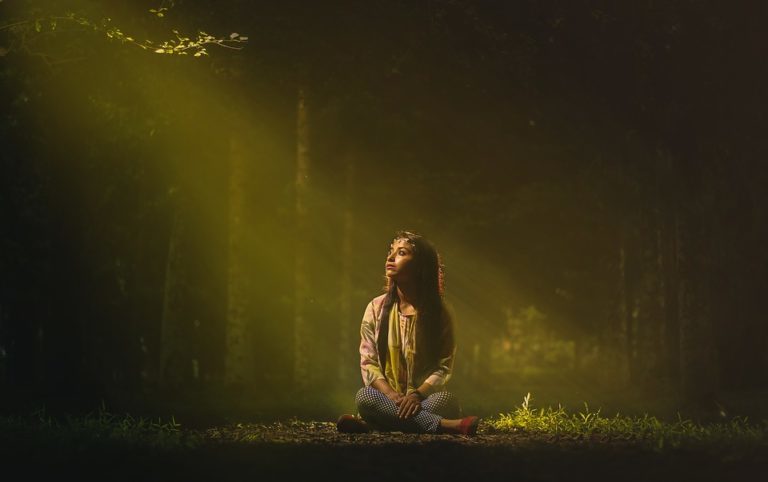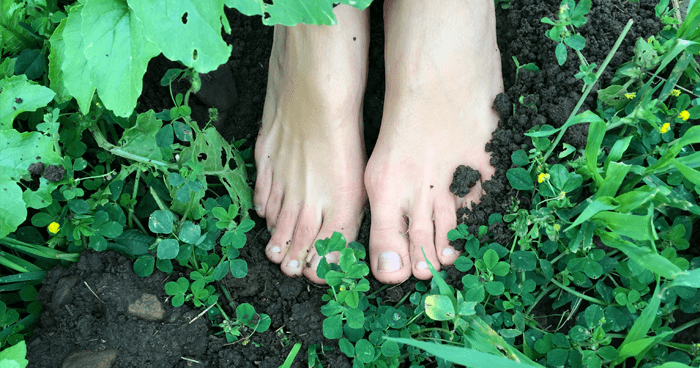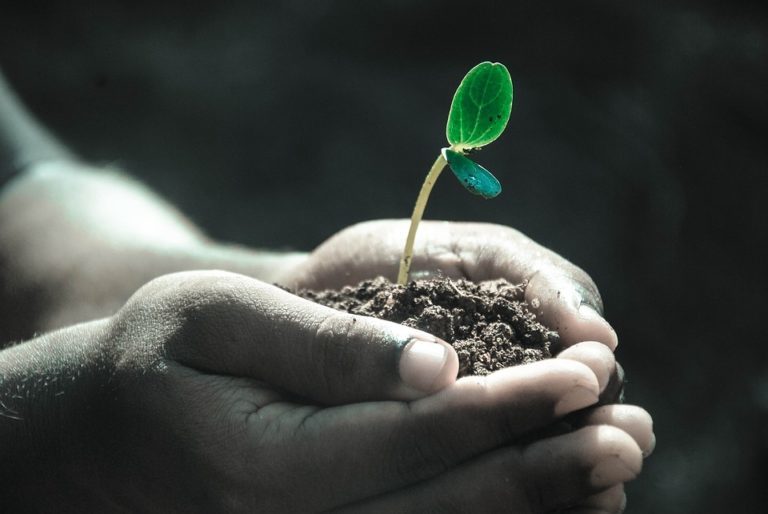Jordbakteriens positive virkninger blev opdaget ved et uheld af onkolog Dr. Mary O'Brien, efter at hun havde skabt et serum af bakterierne og givet det til lungekræftpatienter i et forsøg på at styrke deres immunsystem. Efter dette bemærkede hun de yderligere virkninger, som bakterierne havde på patienterne, hvilket omfattede øget lykke, såvel som at de havde mindre smerter. På baggrund af dette koncept administrerede forskere Dorothy Matthews og Susan Jenks M. vaccae til mus, før de udførte adfærdsmæssige test. Jenks sagde: 'Hvad vores forskning tyder på, er at spise, røre ved og trække vejret i en jordorganisme kan være knyttet til udviklingen af vores immunsystem og nervesystem.' Deres test viste også, at musene var mindre ængstelige. Matthews udtalte: 'Det er interessant at spekulere i, at oprettelse af læringsmiljøer i skoler, der inkluderer tid i det fri, hvor M. vaccae er til stede, kan reducere angst og forbedre evnen til at lære nye opgaver.'
Kommentar: Delvist oversat af Sott.net fra Scientific studies show how soil bacteria relieves depression
Studies claim that the overall wellbeing of a person's immune system and psychology is enhanced by frequent exposure to a diverse group of bacteria, fungi, protozoa, and worms during the period of early childhood. The gastro-intestinal ract develops a hundred trillion microbes over a period of time, which is determined by a combination of genetics and the particular bacteria that live in and on living things around an individual. Therefore, scientists have stated that a diverse range of organisms, found in animals, plants, soil, water and air, are all required for the optimal functioning of the immune and nervous systems.
By simply spending time in nature, whether that be looking at plants and trees or physically gardening, the mental, social and physical wellbeing is impacted. Researchers, including Roger S. Ulrich, PhD, have found that viewing nature can help the body to heal. Ulrich found that patients whose rooms overlooked trees recovered better than those who had the view of a brick wall. They also got out of hospital faster, required less pain medication and had fewer complications. Being in nature, and particularly gardening, can be quite a creative activity, and permaculturist Robyn Francis has discovered that the act releases dopamine in the brain when products are harvested from the garden. She claimed, "Researchers hypothesise that this response evolved over nearly 200,000 years of hunter gathering, that when food was found (gathered or hunted) a flush of dopamine released in the reward centre of the brain triggered a state of bliss or mild euphoria. The dopamine release can be triggered by sight (seeing a fruit or berry) and smell as well as by the action of actually plucking the fruit."
Dr Daphne Miller has also written extensively on soil health and the health of the people who eat from that soil, and explained, "Perhaps the best place for us each to begin is with our own backyard plot or window box. Planting a rainbow of seeds, avoiding garden chemicals, nourishing the soil with plant matter, digging with our hands and eating the bounty - while not guaranteed to replace a pharmaceutical grade antidepressant - is a wonderful chance to hang out with 'Old Friends'."






Kommentar: More on the benfits of getting your hands in the dirt: